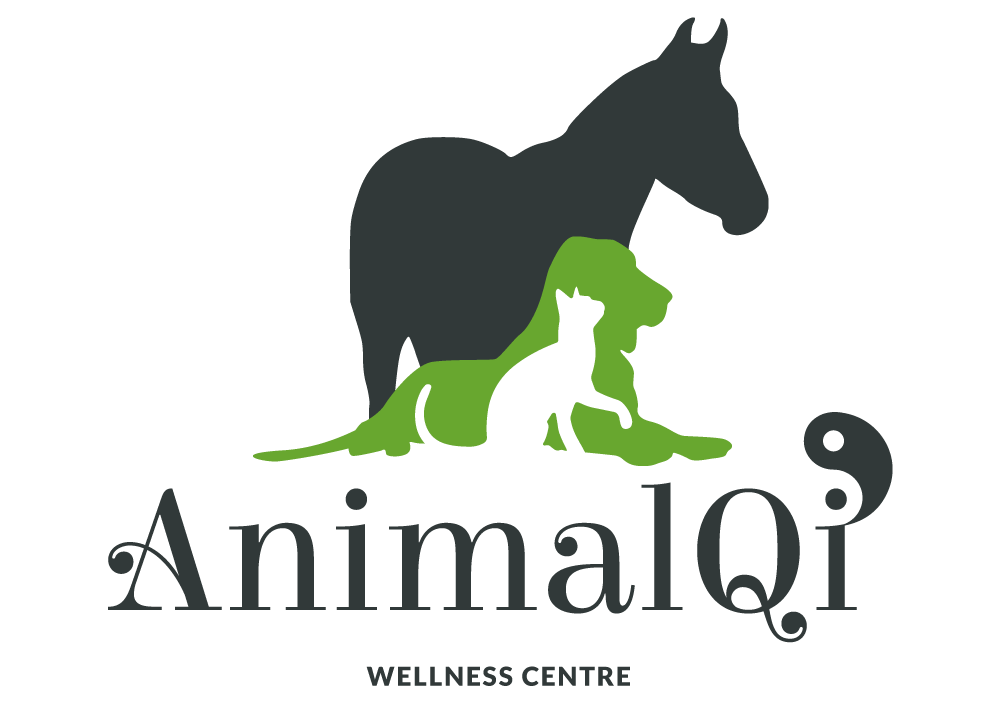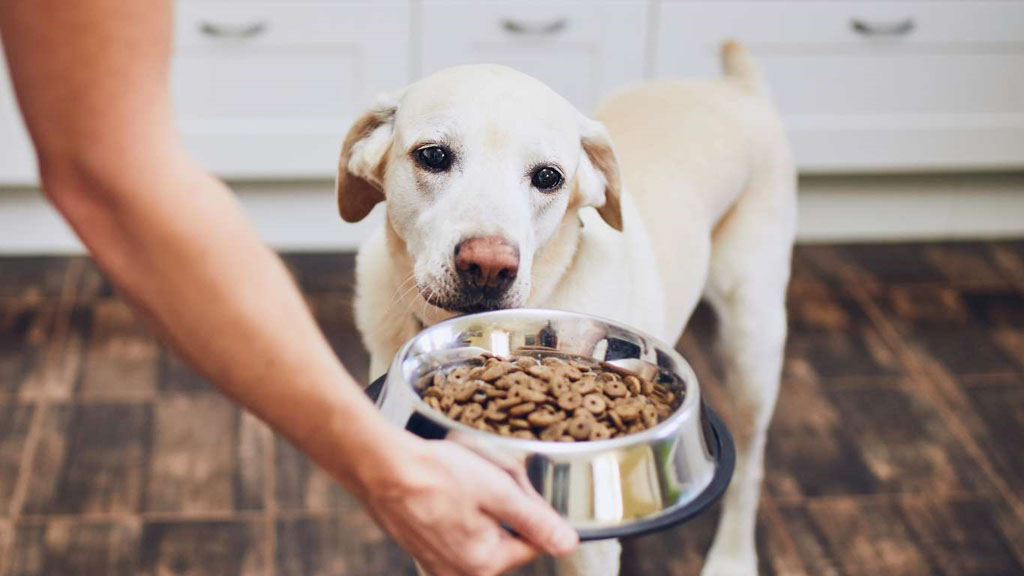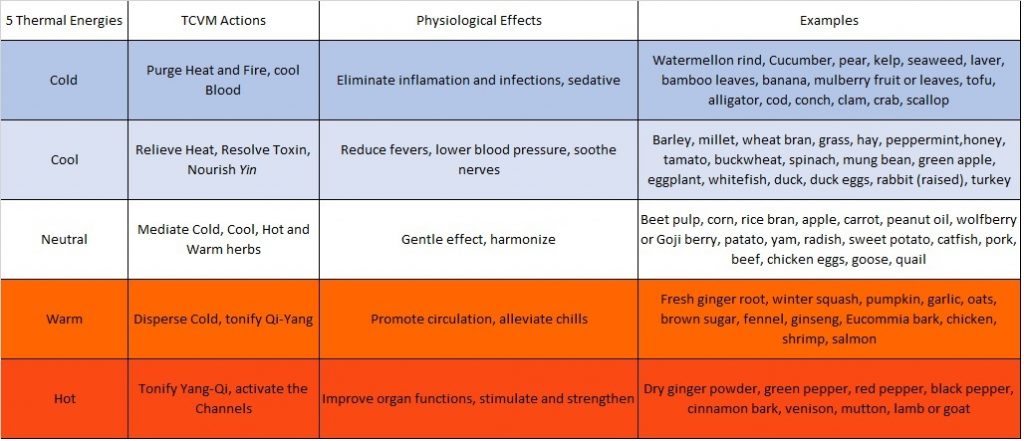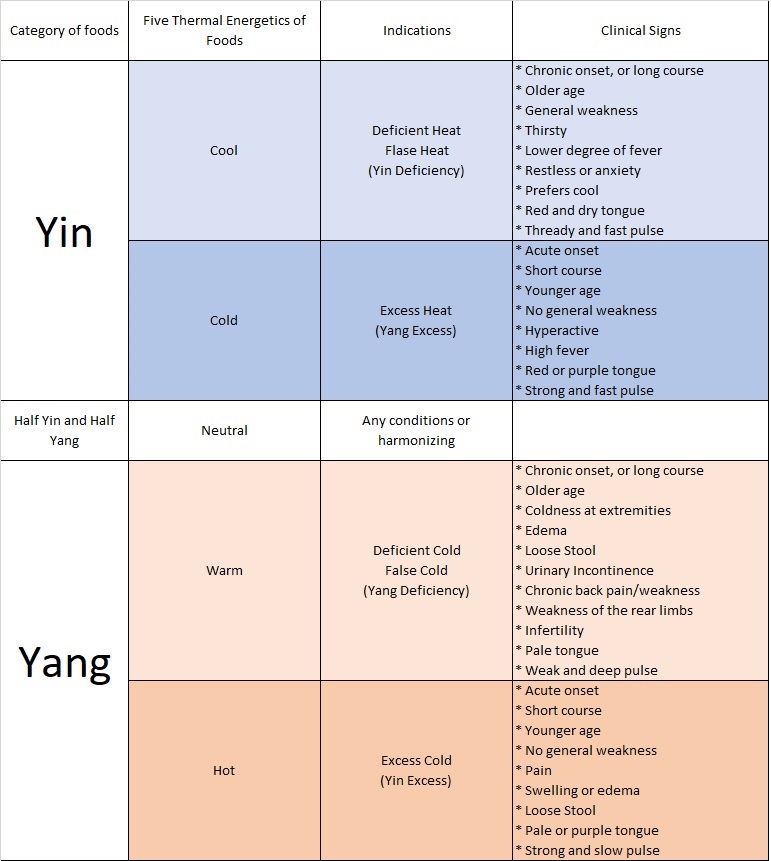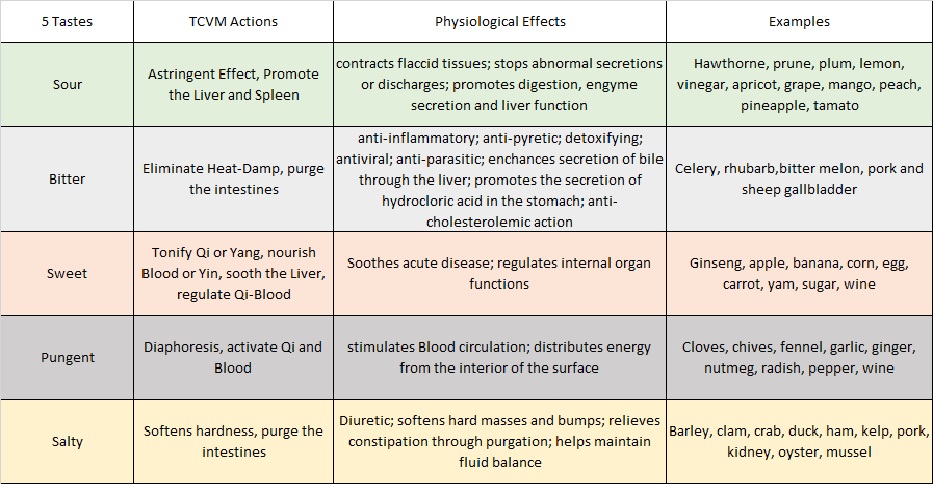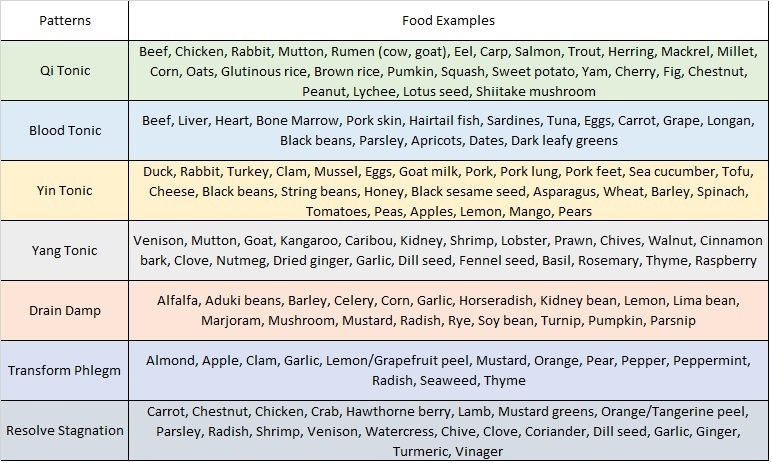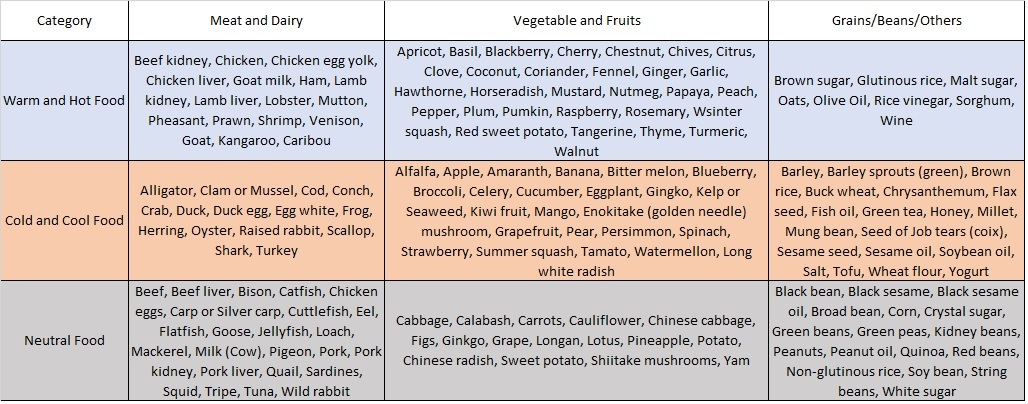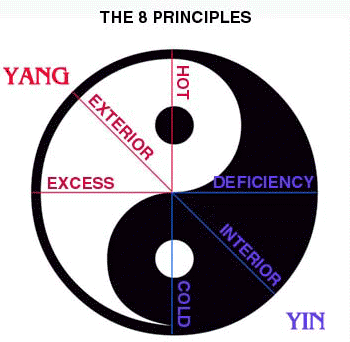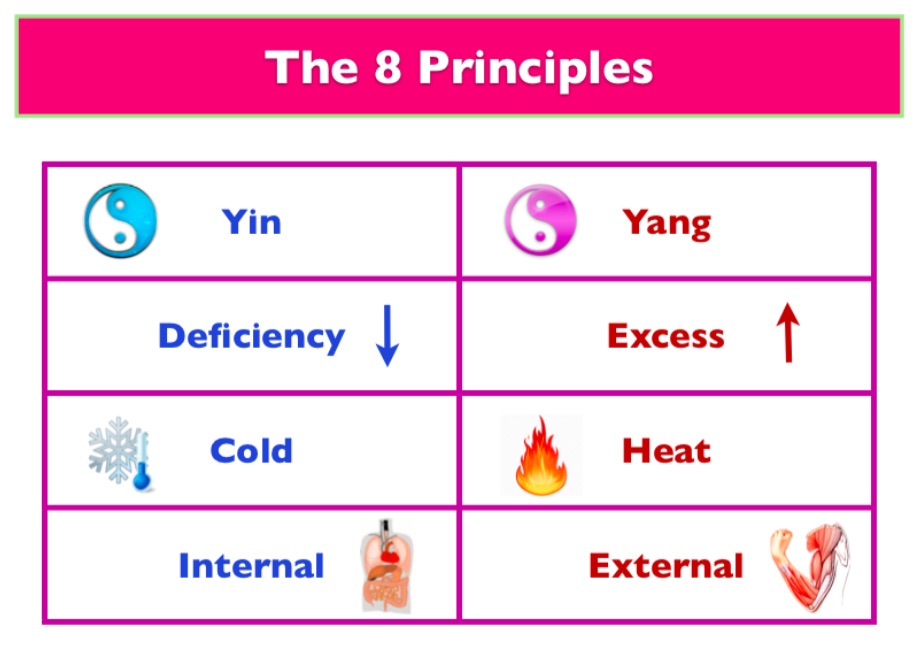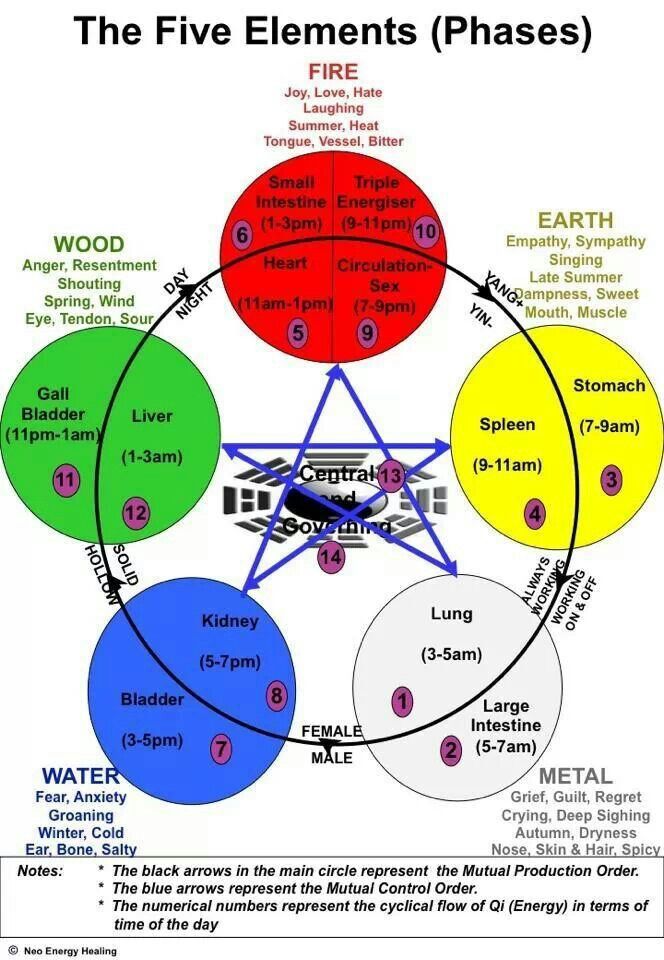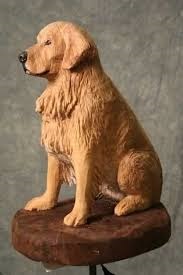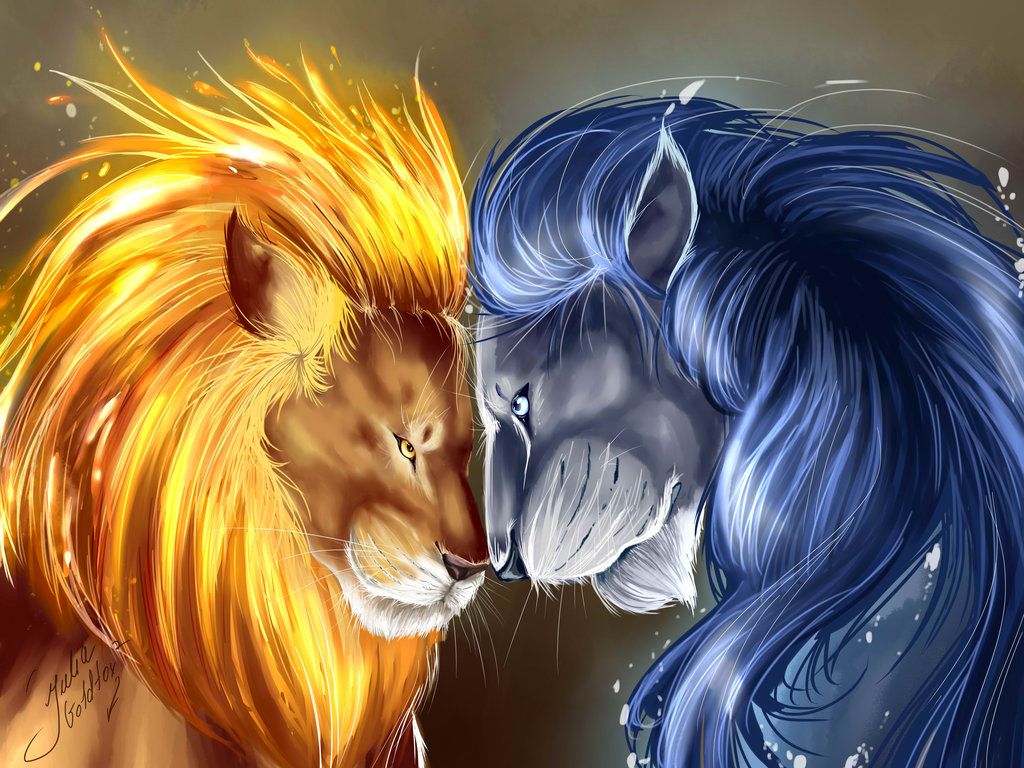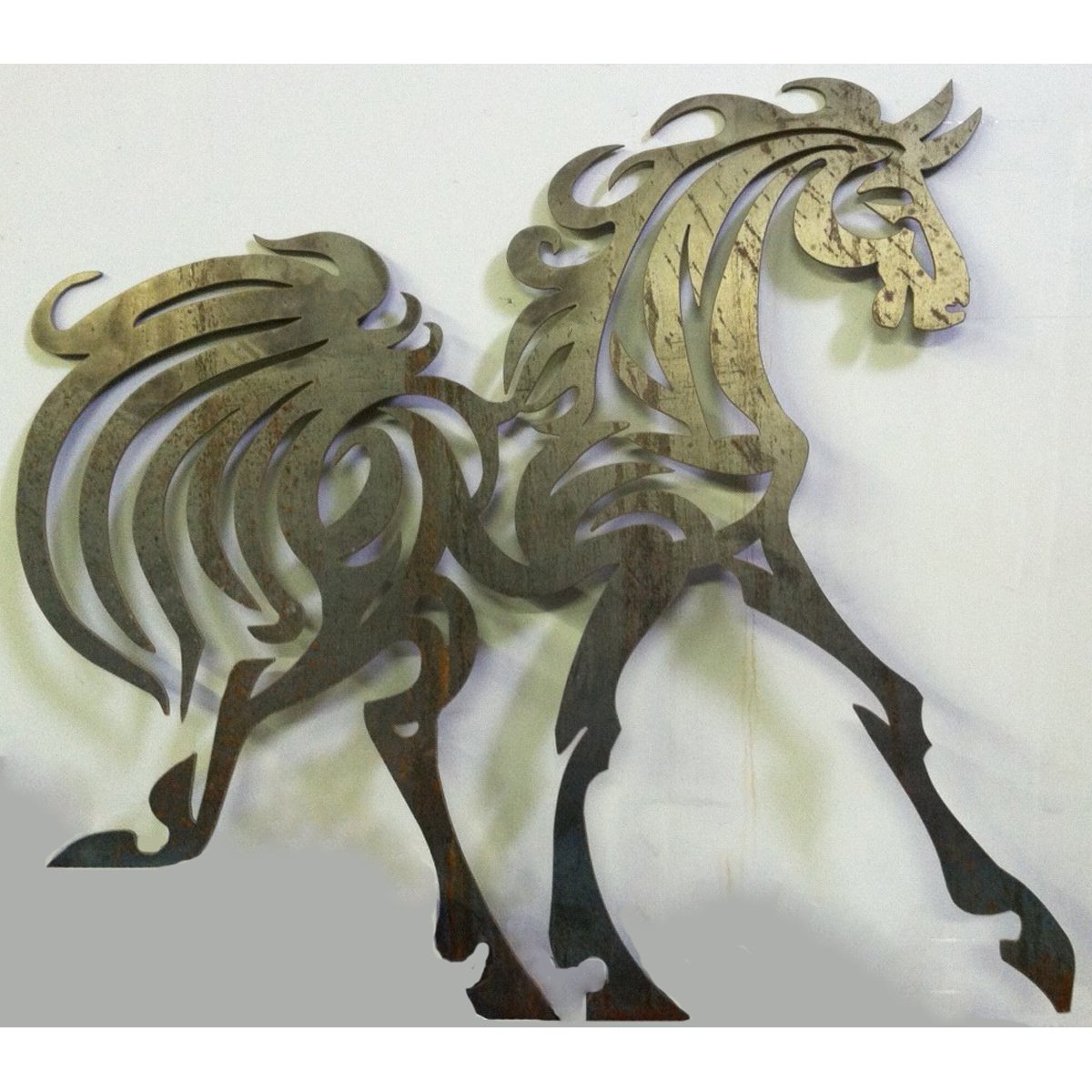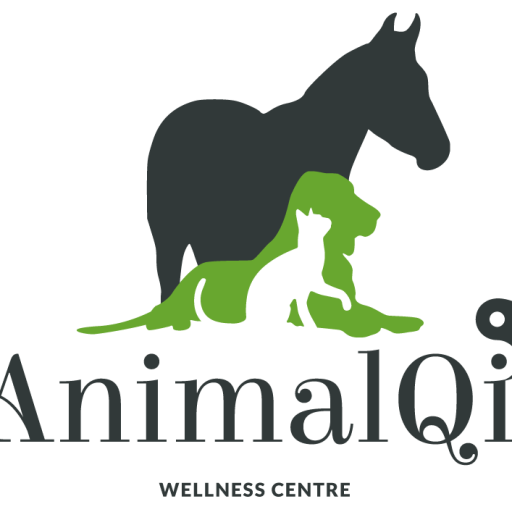
About Veterinary Herbal Medicine
Information
About Veterinary Herbal Medicine
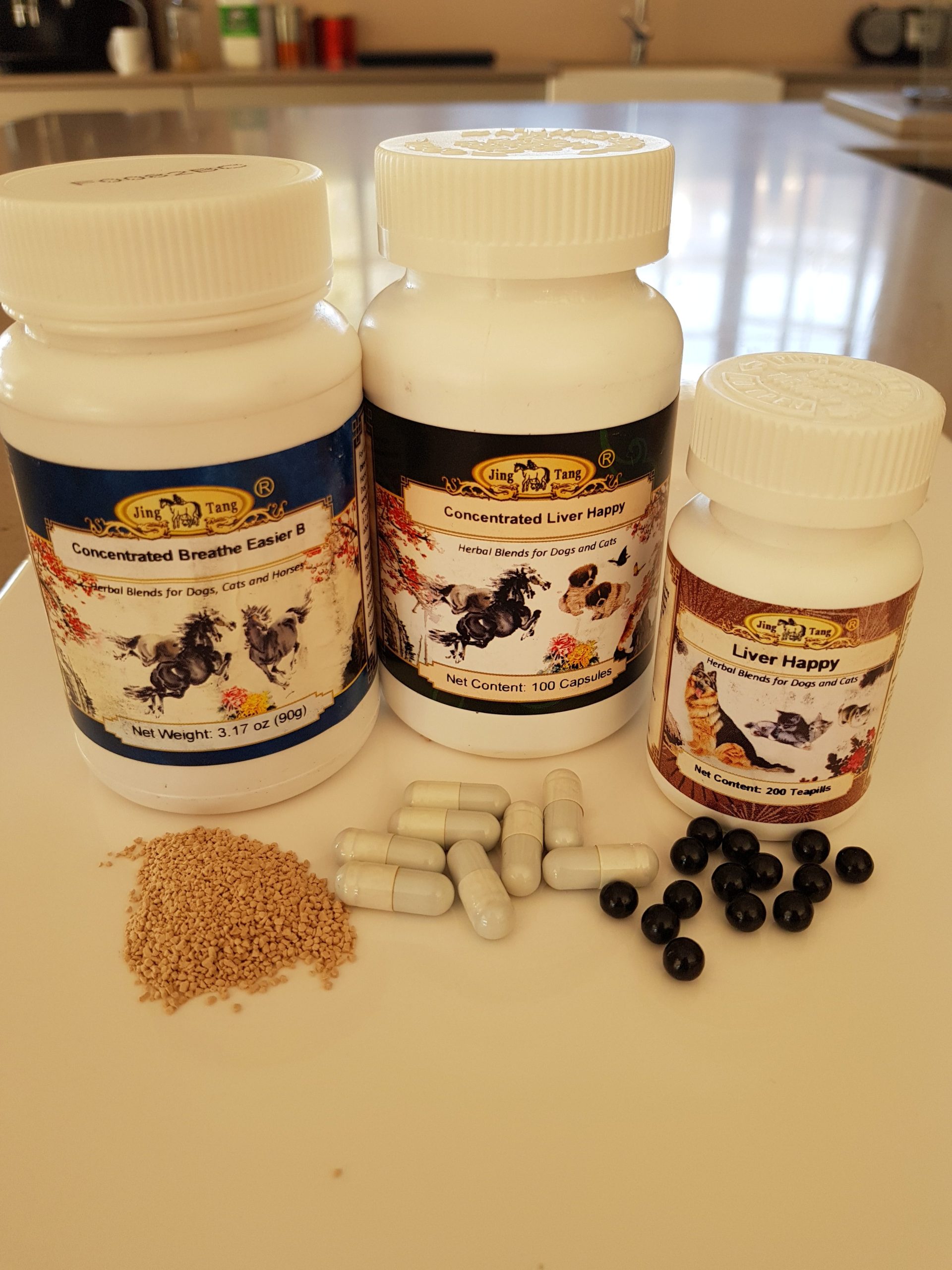
Since prehistoric times, humans have been using plants, animals and other products found in nature to cure and alleviate disease. It was only in the 19th century that chemicals were gaining in popularity and subsequently used in what we now call the “Modern Medicine Era”. In the last decade the development of new druks has now begun to reach its limit.
We see this in the increase in “incurable chronic diseases” and most recently in the development of antimicrobial resistant microorganisms. For this and many other reasons, including ecological health, there is a major demand for Sustainable Medicine. Traditional Oriental Medicine is one of the main components in this drive in Sustainable Veterinary Medicine.
Traditional Oriental Veterinary Medicine has four main components; Acupuncture, Herbal Medicine, Food Therapy and Tui-na. Over the last 50 years the popularity of complimentary medicine has grown exponentially in the Veterinary community and in the past owners society. Of the four oriental modalities, Herbal medicine is the easiest to integrate into a Veterinary practice.

We Recommend Ying Tang herbal formulas.
The Source
Where to find safe effective herbal formulas?
In TCVM the liver is in charge of tendons and ligaments and bosses the other organs around. The wood element opens the eyes. Wood animals are good at the competition and have great musculature, self-confidence, and an air of purpose. The negative side comes when they are prevented from doing what they want and they can become angry, frustrated, or even aggressive.


Frequently Asked Questions
Questions & Answers
Is herbal medicine safe for animals?
Not all natural remedies are completely safe and effective. Herbal medicine is no exception. Some of the ingredients in herbal formulas can cause severe side effects and drug interactions.
Make sure you use herbal formulas prescribed by a trained veterinary herbalist.
Who can prescribe herbal medicine?
Where can I find herbal medicine for my pets?
Do not buy and give human herbal formulas to your animals. Our physiology differ significantly from our pets. Cats are especially sensitive to plant intoxications.
Only use herbal formulas prescribed by your veterinarian. AnimalQi supplies only the best JingTang formulas to veterinarians.
Ask you Veterinarian to find out how to source there herbs to you.
Is herbal medicine expensive?
Will herbal medicine replace my pets regular prescription meds?
Herbal remedies have been very successful in reducing the dosages of prescribed medicine and in most cases your veterinarian can wean off some of the chronic medications with the help of herbal medicine.
